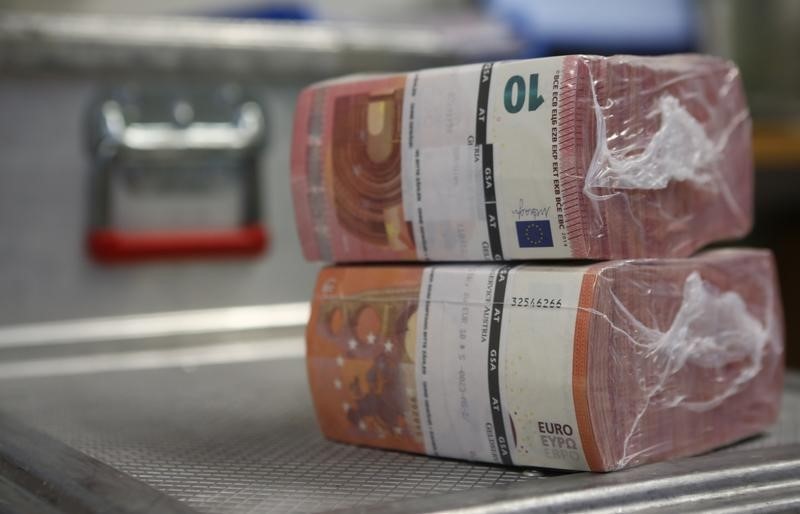Bullish indicating open at $55-$60, IPO prices at $37
Wednesday’s remarks from European Central Bank (ECB) board member Piero Cipollone indicated that the institution is hopeful U.S. President Donald Trump’s endorsement of cryptocurrencies could accelerate the legislative process for the digital euro. The ECB’s digital currency initiative aims to provide an electronic means of payment independent of major U.S. providers like Visa (NYSE:V) and PayPal (NASDAQ:PYPL).
Cipollone expressed that Trump’s backing for stablecoins—cryptocurrencies pegged to the dollar and available globally—could lead to the creation of another U.S.-dominated payment method. This adds urgency to the ECB’s efforts to establish a digital euro. Despite the European Commission’s proposal for digital euro legislation in June 2023, progress has been slow due to skepticism from some lawmakers and bankers.
The ECB board member mentioned that the political world is becoming more aware of the need for a digital euro, and he anticipates that the EU’s Parliament and Council might conclude their work on the legislation before the summer break. This would allow for discussions with the Commission and possibly finalizing new rules by November, aligning with the ECB’s planned vote on whether to introduce the digital currency.
Cipollone acknowledged the complexity of political processes but emphasized the importance of moving forward promptly. However, EU lawmaker Markus Ferber indicated that Parliament might only manage to prepare a report by summer at the earliest.
The spread of U.S. stablecoins is a cause for concern for Cipollone, as their use for payments could shift deposits from European banks to the United States. Bankers are also worried that a digital euro could lead to customers moving funds into an ECB-guaranteed digital wallet, potentially draining banks’ reserves. To mitigate these fears, the ECB has suggested that digital euro holdings might be limited to a few thousand euros and would not earn interest.
Globally, the movement towards central bank digital currencies (CBDCs) is gaining momentum, with countries like Nigeria, Jamaica, and the Bahamas having already launched their own CBDCs. Additionally, 44 other countries, including Russia, China, Australia, and Brazil, are conducting pilot programs as reported by the Atlantic Council think tank.
This article was generated with the support of AI and reviewed by an editor. For more information see our T&C.
